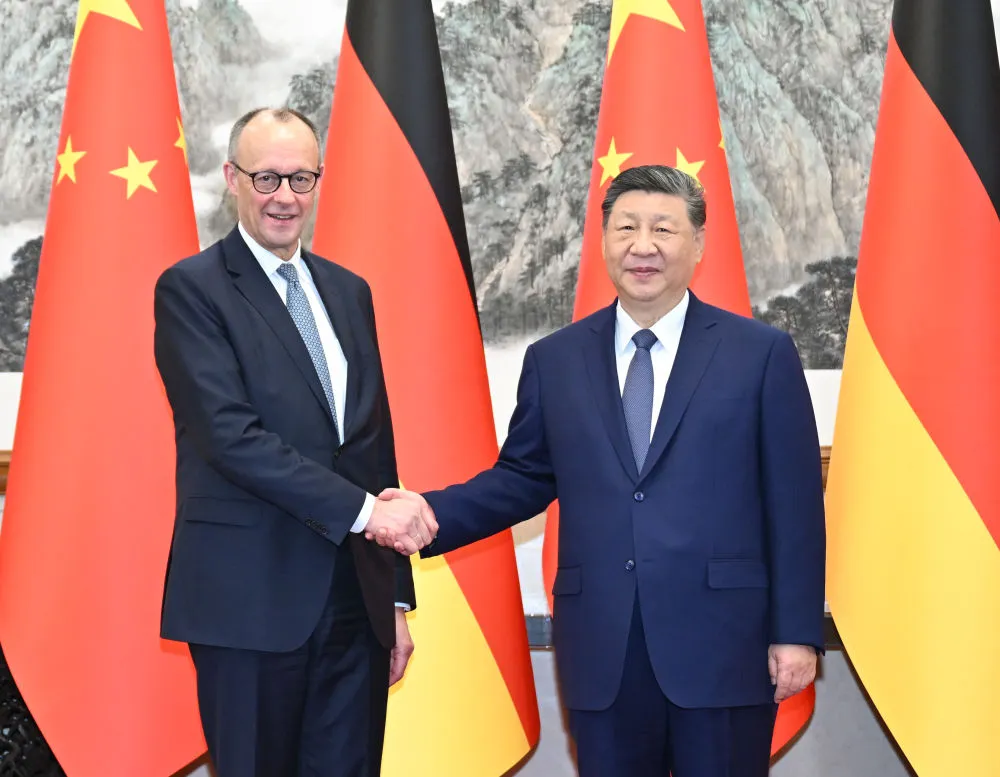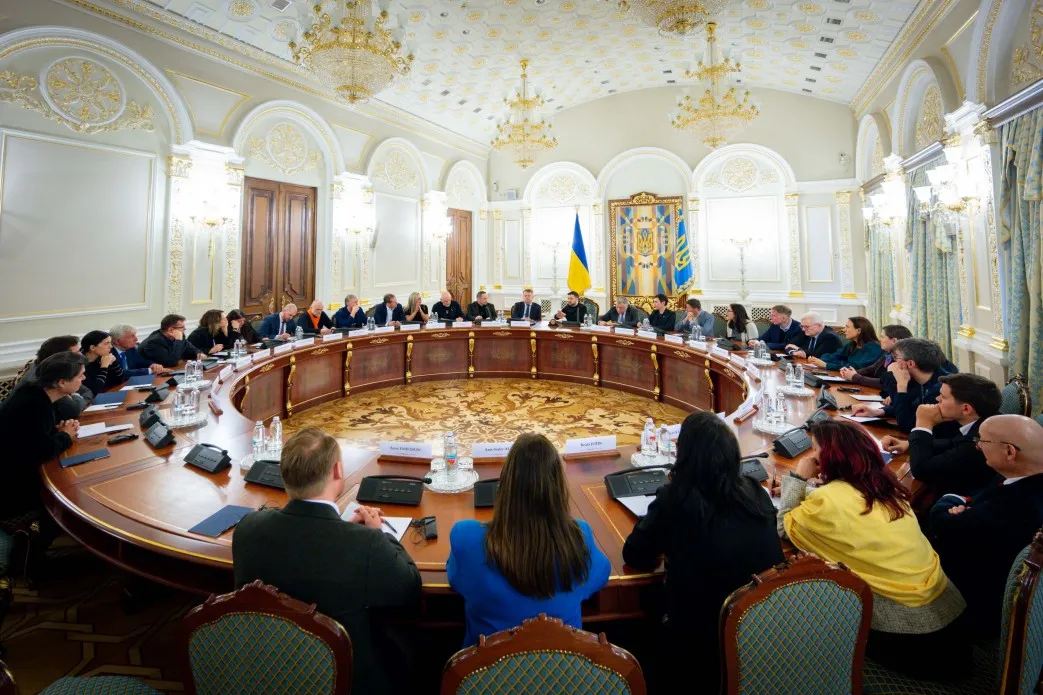This week has seen major advances for Iran’s role in new economic development projects in the region, following the Astana Format visit by the Presidents of Russia and Turkey. Despite attempts to further isolate the country, as was clearly the intent of President Joe Biden’s visit to Israel and Saudi Arabia last week, Iran is signing major economic and energy agreements with its neighbors and working to resolve past disputes.
While Turkey’s President Recep Tayyip Erdogan was in Iran this week for the Astana Format summit, he had in-depth meetings with Supreme Leader Ayatollah Ali Khamenei and President Ebrahim Raisi, resulting in a 25-year contract for Iran to export natural gas to Turkey. The two countries have had a contract since 2001 for 10 billion cubic meters of gas per year, but Turkey has been attempting to increase this because of increased domestic demand, which was agreed upon for the new contract. The two leaders also signed eight Memoranda of Understanding in the economic, cultural, and political fields, as well as on industrial towns and science and technology parks, and announced their determination to increase their trade to $30 billion, from the current level of $7.5 billion.
At the press conference after their meeting, Raisi called Erdogan’s visit to Tehran an “important turning point” in improving the relationship between the two countries. Last November, Turkey’s Foreign Minister Mevlut Cavusoglu traveled to Iran to meet with his counterpart, Hossein Amir-Abdollahian in an effort to draft a “long-term cooperation road map.” Iranian Foreign Minister Hossein Amir-Abdollahian had said at the time, “I’d like to emphasize that the two countries’ relations are deep, historical and intimate, and in developing these ties, we will pay special attention to this.”



